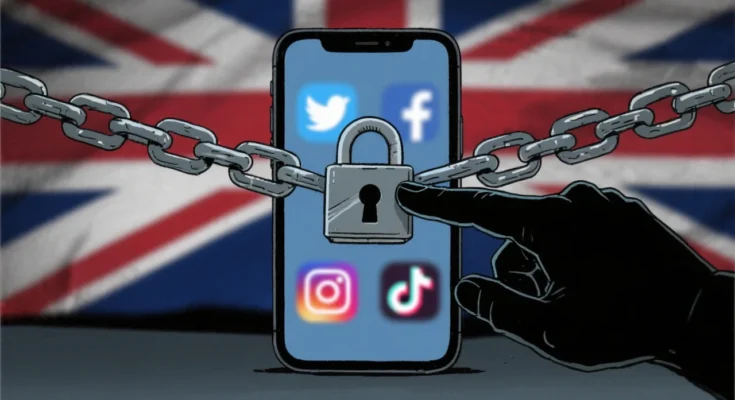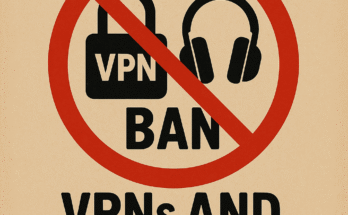Whilst the UK Online Safety Act is being defended as an essential measure in protecting children from harmful content, there has been widespread concern expressed that it may ‘overreach’ and effectively censor valid and important media from being seen by UK citizens – such as news stories. Politicians such as the Reform Party’s leader Nigel Farage who have been vocal in making this argument, have been dismissed by government ministers, including Jess Phillips, as putting themselves on the side of infamous sex predater Jimmy Savile. In response, Farage claimed that although the aim of the bill was laudable, the way it was defined endangered free speech:
He added that he would “love to see effective legislation that protected young children from harmful and dangerous material”; however, he argued the Online Safety Act does not do that, and rather “extends right into the area of free speech”.
However, no less than the BBC quickly established that Farage was indeed correct. They found that within days of the Act coming into force, social media companies were blocking a wide-range of non-pornographic content, including posts on the wars in Gaza and Ukraine.
Among the restricted content identified by BBC Verify was a video post on X which showed a man in Gaza looking for the dead bodies of his family buried among the rubble of destroyed buildings. The post was restricted despite not showing any graphic imagery or bodies at any point in the clip. X subsequently removed the warning after being approached by BBC Verify.
When users who had not verified their age attempted to access the post they were met with a message reading: “Due to local laws, we are temporarily restricting access to this content until X estimates your age.”
Whilst censorship of national and international news events is disturbing enough, at least once verified adults will be able to view such media, or simply pay for a VPN service. Those options aren’t available to 16 and 17 year old Brits, which you may think is a good thing. But the problem here (and it’s not being highlighted enough) is that the same UK government that has gone through with the clumsy and overreaching Online Safety Act, has also recently promised to give 16 and 17 year olds the vote, including at the next general election. And of course, suddenly they are no longer referred to as ‘children’, but rather ‘young people’, as here in the official UK government webpage.
Sixteen year olds will be given the right to vote in all UK elections as part of seismic changes to modernise UK democracy, delivering a key manifesto commitment and helping to restore trust in politics through our Plan for Change.
This will mean young people, who already contribute to society by working, paying taxes and serving in the military, will be given the right to vote on the issues that affect them.
So 16 year olds can work, pay taxes, serve in the military, and now vote in elections and help to decide matters of huge geopolitical importance. But they can’t view images of events in Gaza or Ukraine on X.com.


